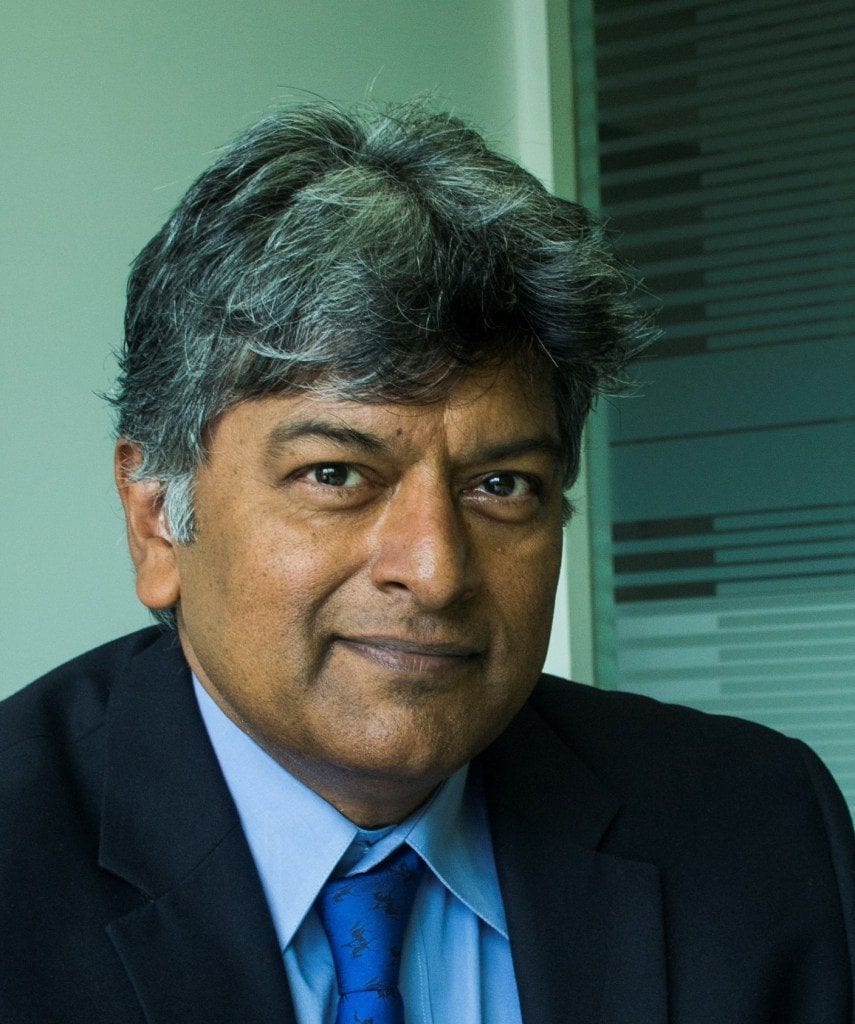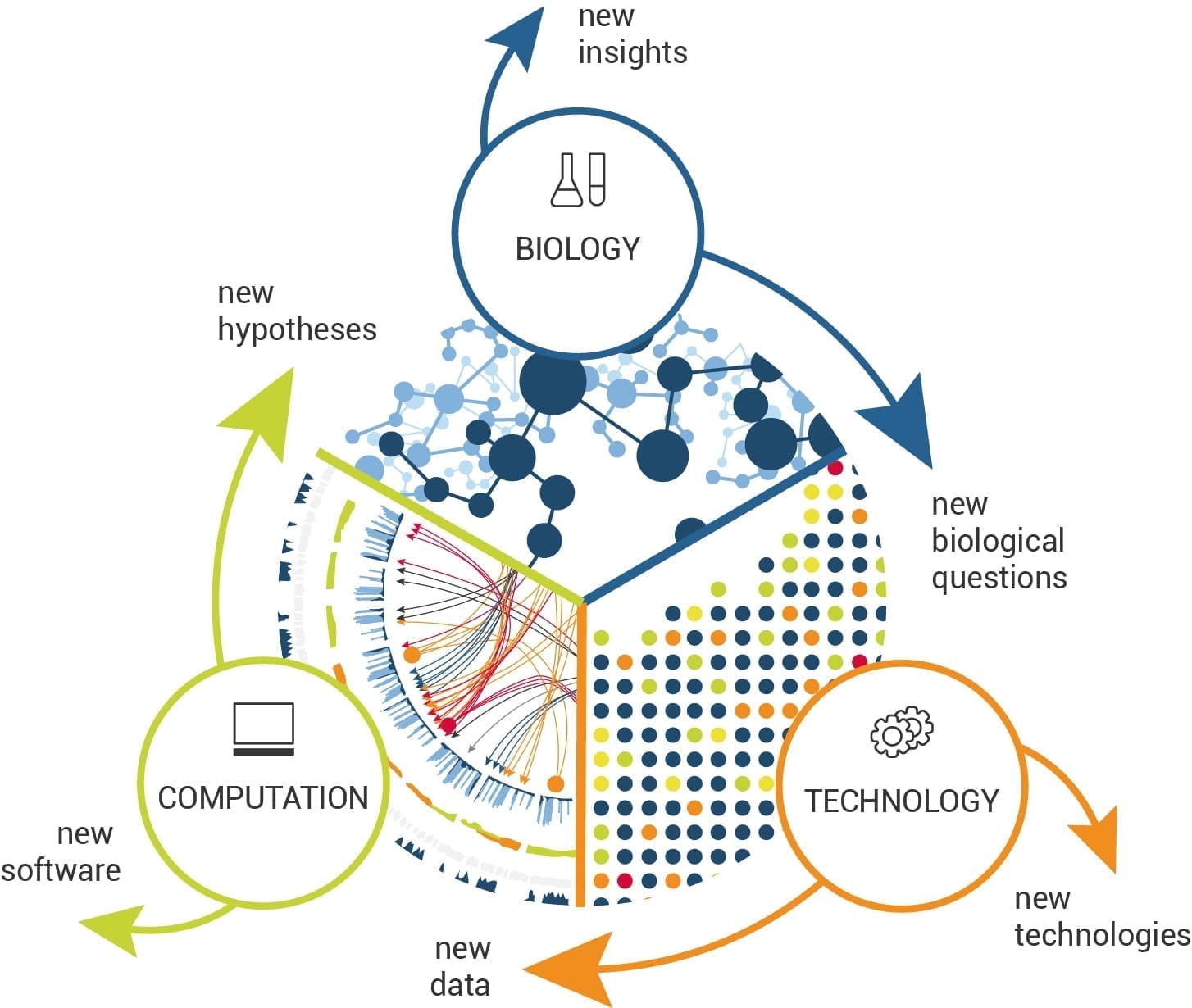Mentor and Investor

“True tech innovation in India is happening in life sciences, nanoscience, chemistry, mechanical engineering and the like”, says Prof. Vijay Chandru, one of the earliest academics in India to move from an impressive career in academics to highly successful deep science entrepreneurship.
“If you look at creativity and innovation from a technology or science point of view, it is at these interfaces and the interdisciplinary cusps that you can actually see some very creative things happen.”– Prof. Vijay Chandru
Bengaluru has emerged as an important life sciences hub in recent years, with 60 percent of life sciences companies in India being based here. The momentum to this growth derives from interdisciplinary work by computer scientists and biologists. To find out more, we spoke with a pioneer who has an insider’s view of both fields.
Prof Vijay Chandru is an engineer-scientist, an academic-entrepreneur. And he’s built a unique computer and worked on genomics. He initially worked in computer science and computer science related areas. With a Ph.D. in the mathematics of decision sciences/operations research from MIT, he was a professor of engineering and computer science for 23 years. He taught and conducted research in the computational mathematics of optimization, geometry, logic, and biology at Purdue University before moving back to India to join the Indian Institute of Science (IISc).
Just a Quick Note:
InnovationsOfTheWorld.com has partnered with Trade License Zone (TLZ) to support global innovators looking to expand internationally. Take advantage of the UAE’s Free Zones—enjoy streamlined setup, low corporate taxes, and a strategic gateway to the Middle East and beyond.
Get Your UAE Free Zone License Fast & Easy!“I wanted to engage more with society and use technology to make an impact”, Chandru says in an interview with Sandhya Mendonca. “The vision that drove me to entrepreneurship was to create successful, world-class, technology innovation companies out of India”.

This journey began when he and three colleagues in computer science at IISc began an interdisciplinary journey at the interface of computation and biology in the late 90s. Strand Genomics Pvt Ltd was launched as India’s first example of sanctioned academic entrepreneurship in late 2000. This was the genesis for the Society for Innovation and Development (SID), the commercialization arm of the IISc. Chandru was a key founder of Strand and he has led the company as Executive Chairman (CMD) from inception. Now known as Strand Life Sciences, it is a global personalized medicine company using clinical genomics for oncology and inherited disorders.
Almost in parallel, in 1998, he joined hands with kindred spirits to create the Simputer (Simple Inexpensive Multilingual People’s Computer). He also co-founded PicoPeta Simputers which commercialized the Simputer to create the Amida Simputer. The Simputer was a people’s computer based on the principle of “radical simplicity for universal access”. Its features included a 7-layer motherboard designed from scratch, linux operating system ported to minimal hardware, icon-driven and touchscreen-based user interface, smart card integrated for secure financial transactions, Indian languages enabled including text-to-speech in several Indian languages, an open-source and viral hardware and software specification, and a built-in accelerometer (the first handheld to have one) to have motion control.
As one of the inventors of the Simputer, Chandru received the very first Dewang Mehta Award, India’s highest award for innovation in information technology. While considered a marvel of indigenous technology, the Simputer was ahead of its time and didn’t become a commercial success. But validation came in when the product, later renamed as Geo Amida, became one of the primary devices in the national unique ID project, Aadhaar launched in 2010.
Chandru is a strong advocate of interdisciplinarity and against silos. “If you look at creativity and innovation from a technology or science point of view, it is at these interfaces and the interdisciplinary cusps that you can actually see some very creative things happen.”

Having completed succession of the CEO role at Strand to co-founder Prof Ramesh Hariharan in 2016, Chandru has since donned the mantle of a mentor and investor. “I took a conscious decision to engage with tech startups focused on tech innovation in order to be able to communicate to entrepreneurs the lessons we had learned.” He’s currently invested in VNIR Biotechnologies, Ten3T, Hanugen Therapeutics, Yantri Labs, Vizara Tech – where he’s also a mentor, a role he also plays at Mimyk.
Talking about the sectors poised for growth, he predicts that healthcare will grow, “20-30% CAGR is almost guaranteed if the entrepreneur doesn’t screw up. Health IT – homegrown Electronic Health Records, point-of-care medtech devices that are clinical grade (not recreational), Transaction and Enterprise systems that are less expensive and as reliable as the big players (SAP/Epic/Cerner) will also grow. Cool Tech will probably see a great focus on voice-driven interfaces that will catch market share.”
His pick of deep tech startups to watch out for in Bengaluru are Path Shodh and ten3T (advanced point of care for CVD patients); MIMYK (Medical Simulations); Sea6 (harvesting the oceans), Aten Porus (drug discovery that has already licensed a molecule for US$125 million).














